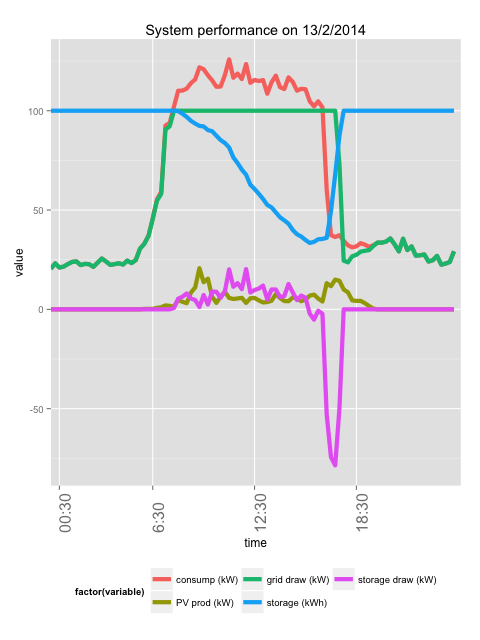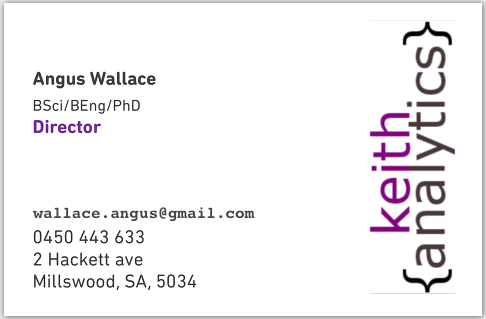Demand charges and energy efficiency - what place for solar PV and battery storage?
Business customers for electricity often have two components to their bill. One component, consumption, is calculated from the amount of electricity used. The other, demand, is calculated from the maximum rate at which they used the electricity. Consumption (kWh) can be compared to a volume of water measured in Litres, whereas demand (kW or kVA) is like the speed at which water is coming out of a tap (Litres per minute).
For consultants helping clients with energy efficiency measures or renewable power sources, this matters because it affects the economics of your recommendations.
This is because most consultants calculate the economic benefit of their proposal based-on an expected reduction in consumption. It is easy to estimate the affect of an efficiency measure on consumption, because consumption is an aggregated measure. Demand is calculated over a 30-minute window, and those 30 minutes can affect a customer’s bills for the entire year. Since demand charges often account for 2/3 (or more) of the bill, a single 30-minute window can be very significant.
It is for this reason that solar PV by itself is often regarded as ineffective at demand reduction. It is also because of this that consultants often shy away from estimating demand charges: they cannot be estimated by simply generalising one day’s consumption to an entire year – what is needed is a time-series model of energy use across the year. If solar PV, and/or battery storage systems are desired, then the model must be extended to incorporate solar PV, solar irradiation data and the dynamics of a battery storage system.
At Keith Analytics, we have developed a dynamic, time-series model that allows us to analyse the interaction of a hypothetical solar PV installation, a hypothetical battery storage solution, known electrical time-series data and from these estimate both consumption- and demand-effects of different system design parameters. Our experience is that clients find such an analysis very useful in assessing the economics of these proposals. Our model can be tailored to the specifics of the client, resulting in a bespoke analysis that identifies the best balance of sustainability and economics for your client.

This is just one example of how Keith Analytics can help you best to serve your clients: please contact me to discuss.


